In today’s automotive industry, vehicle parts are expected to offer both functional performance and aesthetic appeal. Among these, the front grille plays a key role in both protecting the engine compartment and defining the vehicle’s front-end look. Behind every well-crafted grille is a dedicated Automotive Grille Factory, responsible for producing components that meet modern market expectations for quality, fit, and durability.
An experienced Automotive Grille Factory begins by selecting suitable materials for each grille type. Common options include ABS plastic, stainless steel, aluminum, and sometimes coated metal alloys, depending on the vehicle model and intended use. The choice of material directly affects the grille’s appearance, weather resistance, and overall strength. By sourcing reliable, tested raw materials, the factory lays the foundation for consistent product quality.
Modern manufacturing relies heavily on equipment accuracy. A professional Automotive Grille Factory invests in up-to-date machinery such as CNC cutting tools, injection molding machines, and automated assembly systems. These machines help maintain precise dimensions, smooth finishes, and clean edges for every grille produced. In larger production runs, automated systems also improve efficiency and reduce human error, contributing to consistent product standards.
The shape and detailing of each grille depend on carefully maintained moulds. An Automotive Grille Factory typically follows a strict mould maintenance schedule, inspecting and cleaning moulds after a set number of production cycles. This ensures that every grille produced remains true to its intended shape and surface texture. Even small changes in mould condition can affect how the grille fits onto a vehicle, making mould care a priority in quality control routines.
At different points throughout the production process, a dependable Automotive Grille Factory carries out quality inspections. These include checking the grille’s dimensions, surface finish, color consistency, and material thickness. Factories often use digital measuring tools and visual inspections to catch imperfections before products move to the next stage. Final checks before packaging help ensure that only qualified products leave the factory.
Grilles are constantly exposed to heat, rain, dust, and road debris. To ensure long-term performance, an Automotive Grille Factory usually conducts simulated weather tests, salt spray resistance trials, and impact strength tests on its products. These evaluations help verify that the grilles won’t fade, warp, or crack easily, making them suitable for everyday driving conditions.
A well-maintained factory environment contributes directly to product quality. A professional Automotive Grille Factory keeps its production areas organized, clean, and free of excess dust and debris. This reduces the risk of surface imperfections and improves assembly efficiency. Proper storage of materials and tools also ensures production remains consistent and on schedule.
In a fast-changing market, timely adjustments are sometimes needed. A reliable Automotive Grille Factory keeps open lines of communication with clients, providing updates on production progress and handling feedback quickly. Whether it’s a design revision or a delivery schedule adjustment, good coordination helps maintain customer satisfaction and consistent product standards.
An Automotive Grille Factory ensures product quality and precision through a combination of careful material selection, advanced equipment, strict mould care, and regular quality checks. With growing demand for reliable, visually appealing automotive components, these factories play a key role in supporting vehicle manufacturers and aftermarket suppliers alike. By balancing customization, durability testing, and efficient production, a professional Automotive Grille Factory meets the practical needs of today’s market while maintaining the dependable quality that drivers expect.

 English
English 日本語
日本語 Français
Français Deutsch
Deutsch Español
Español 简体中文
简体中文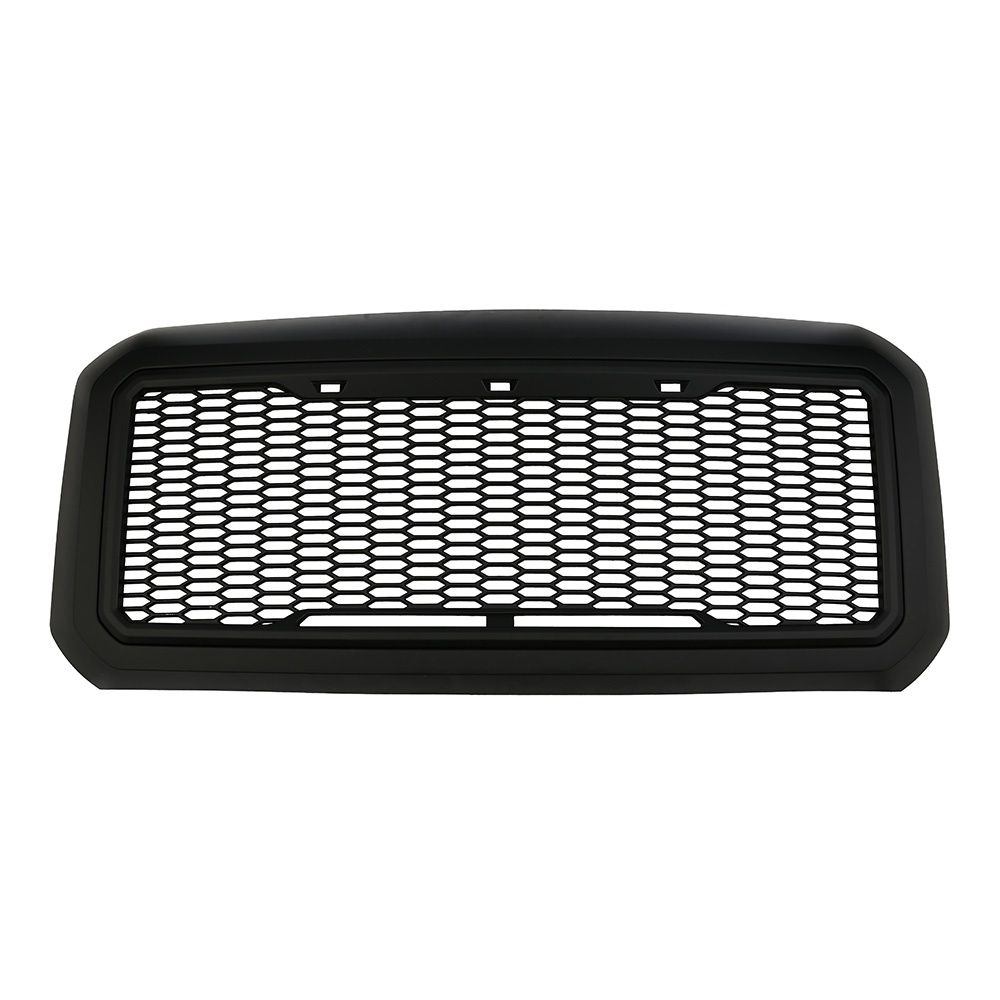
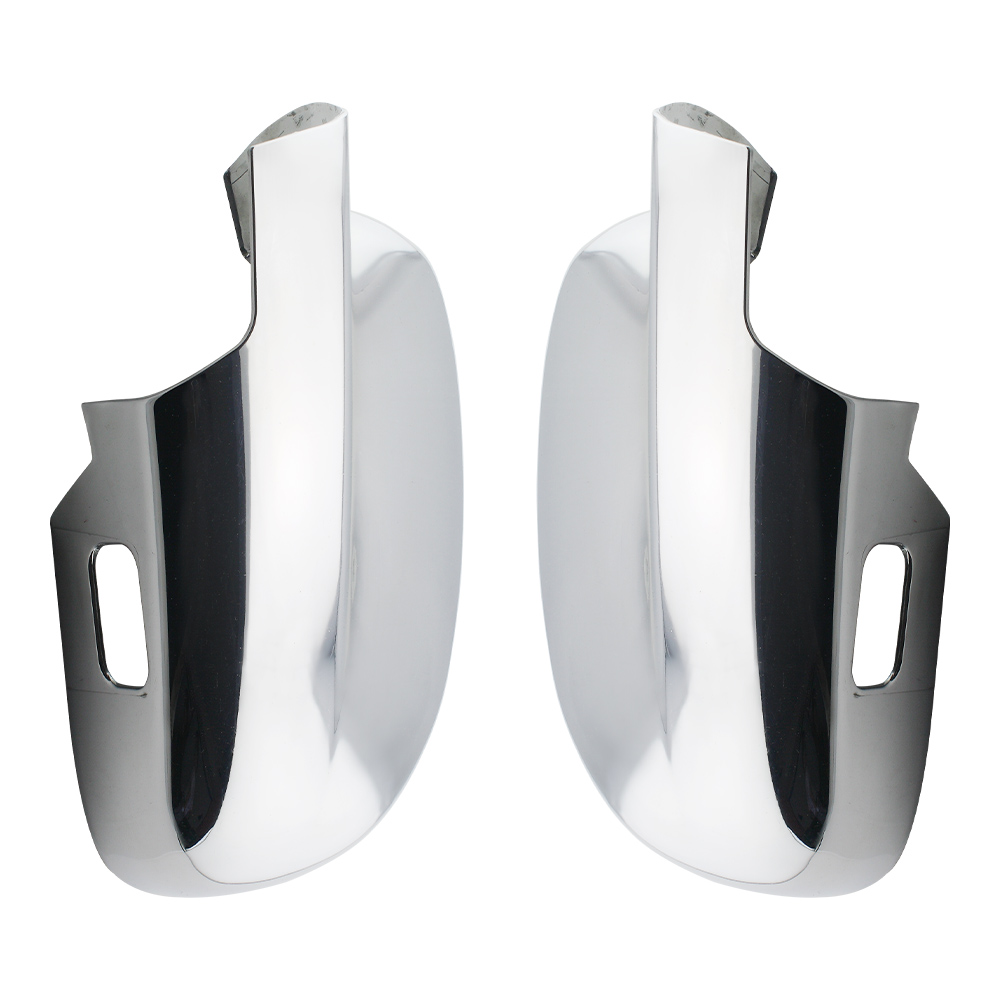
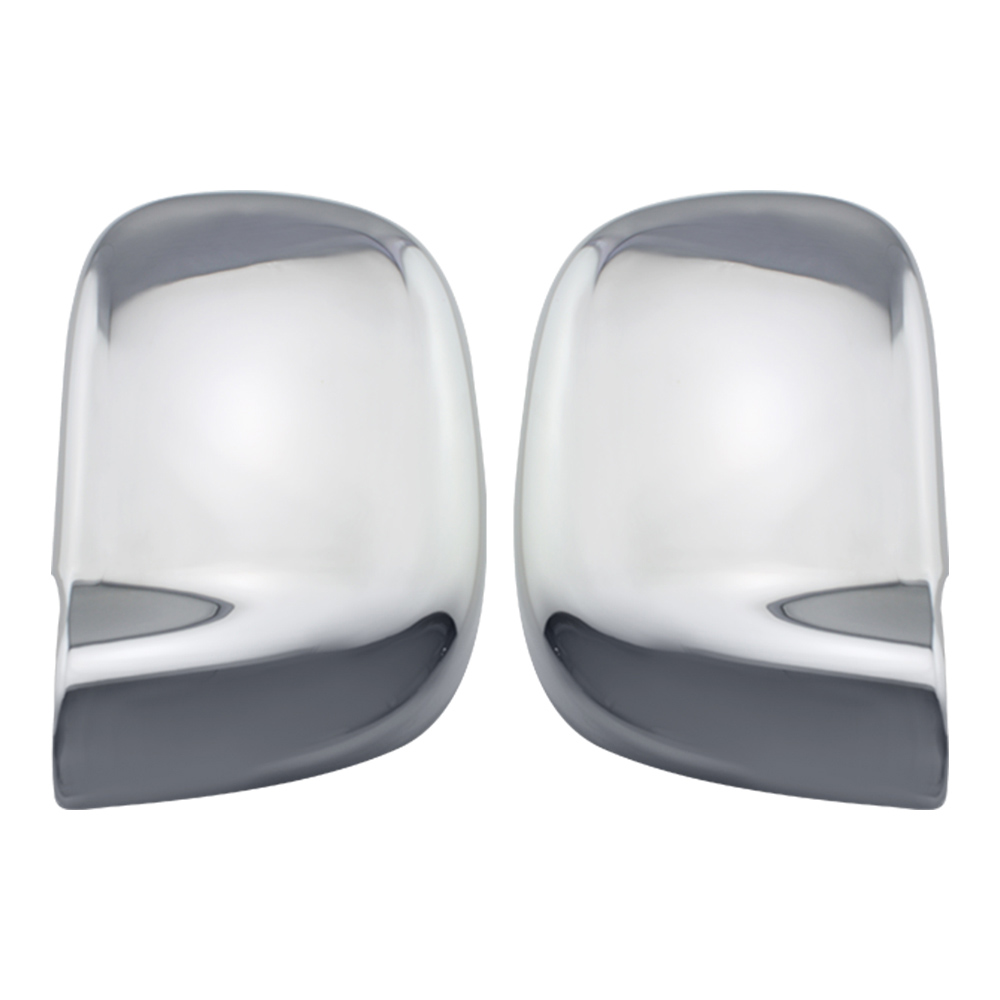 View More >>
View More >>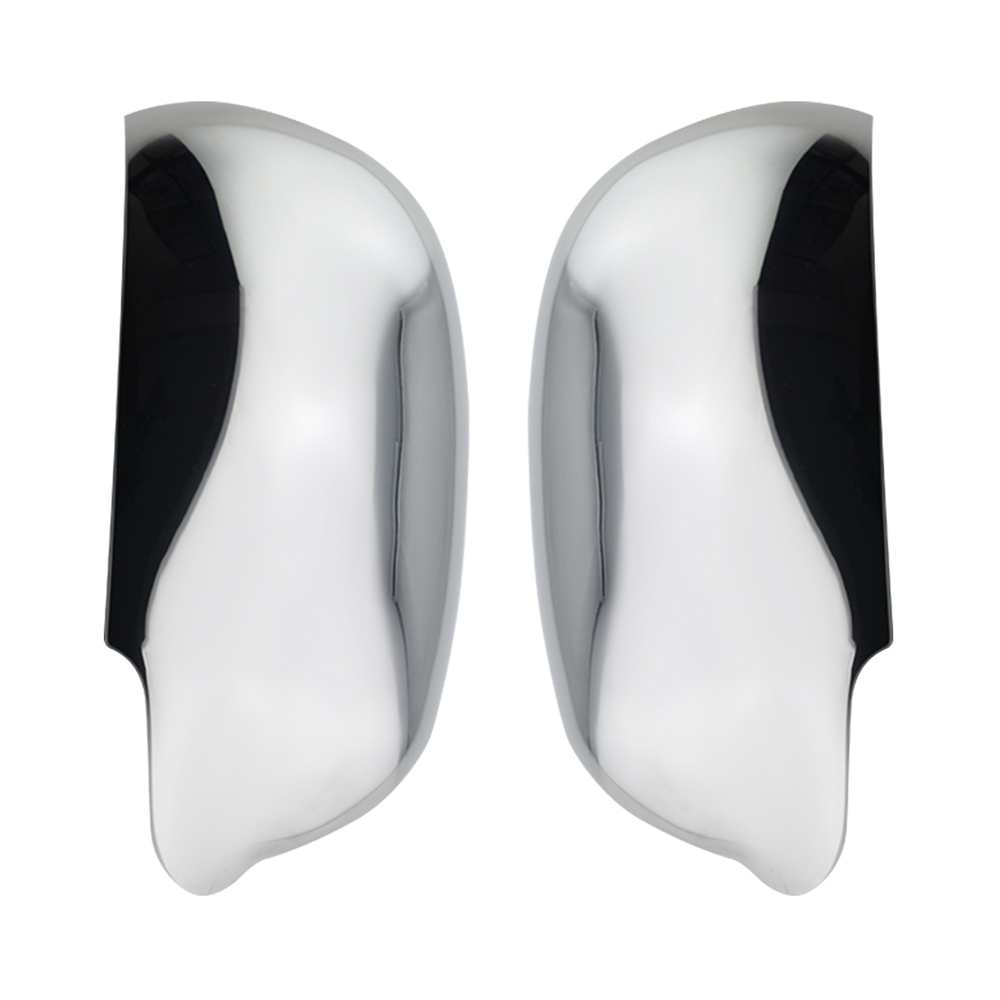 View More >>
View More >>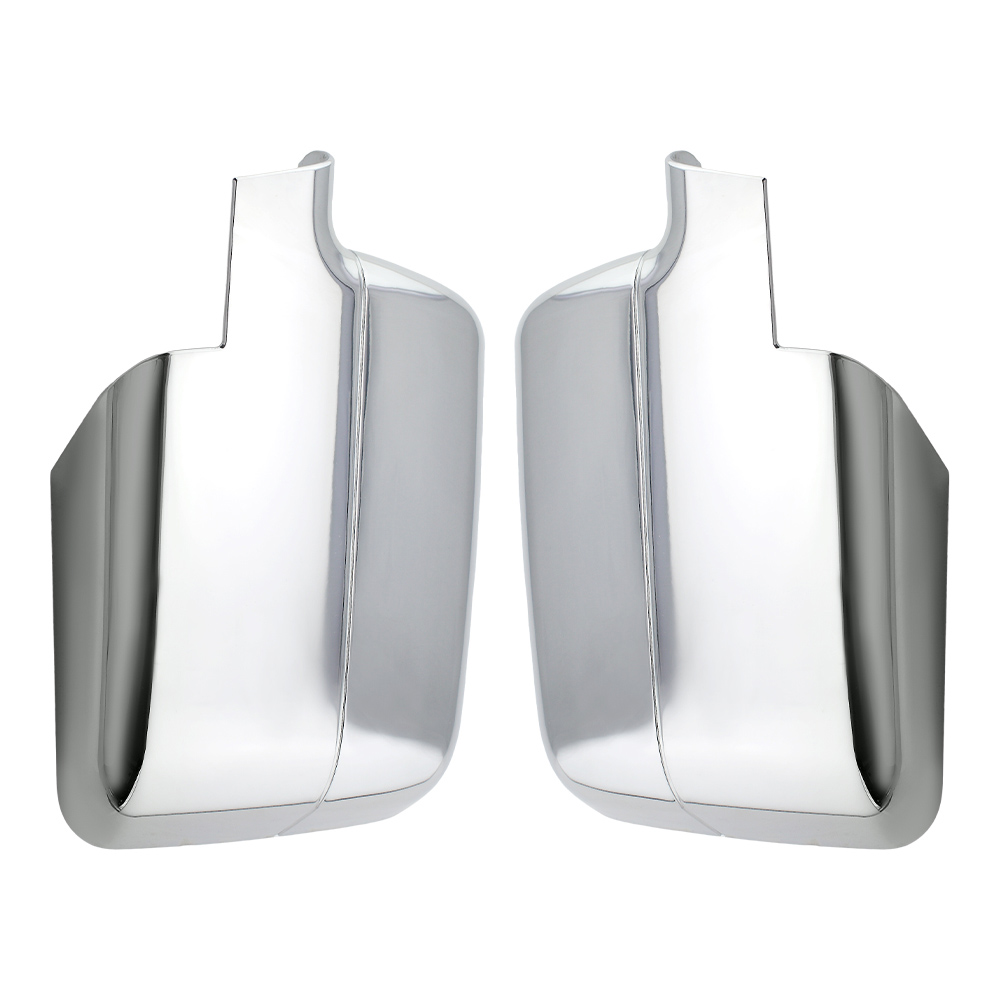 View More >>
View More >>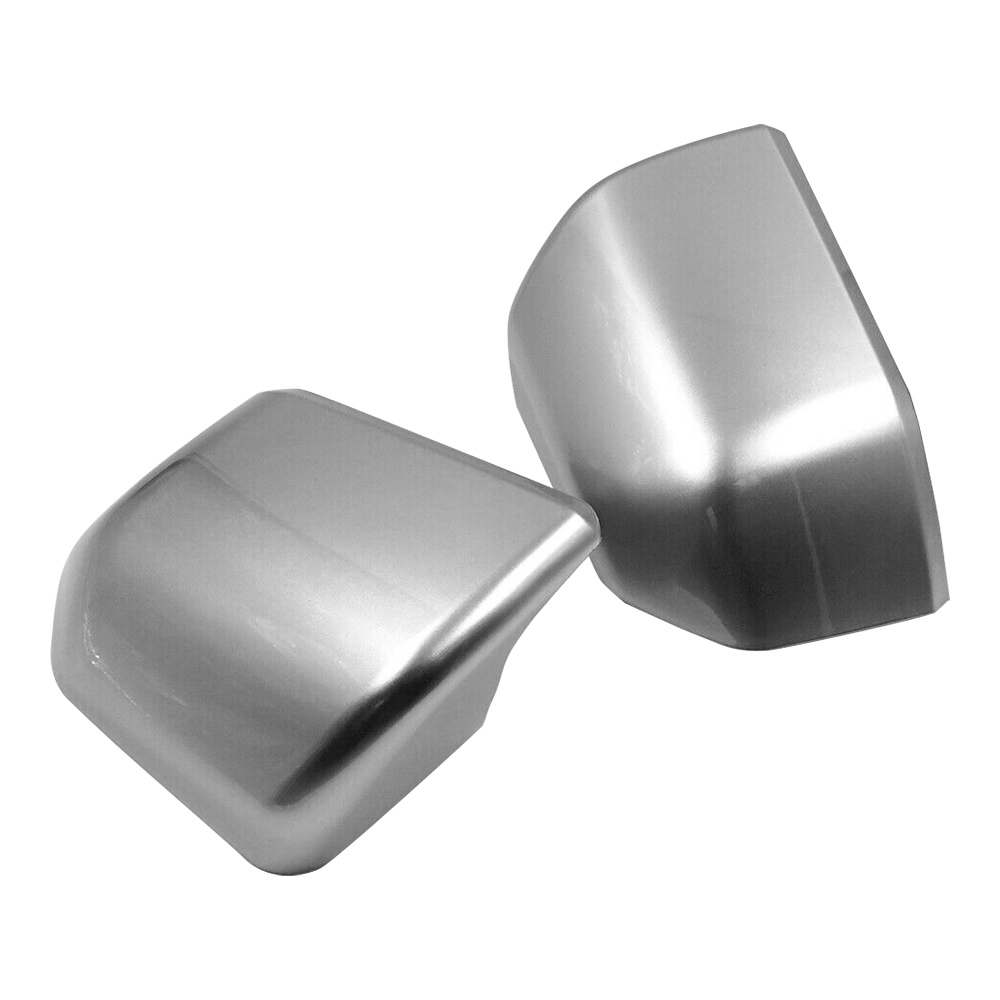 View More >>
View More >>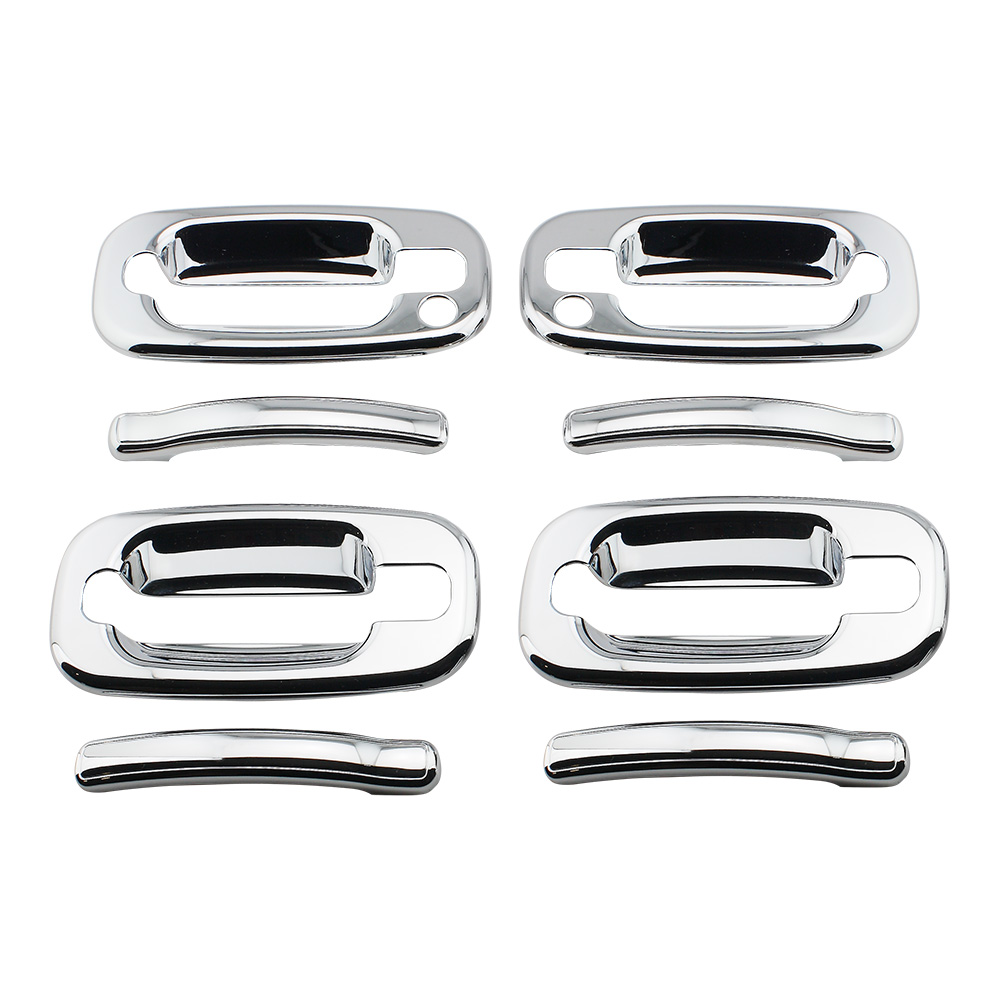 View More >>
View More >>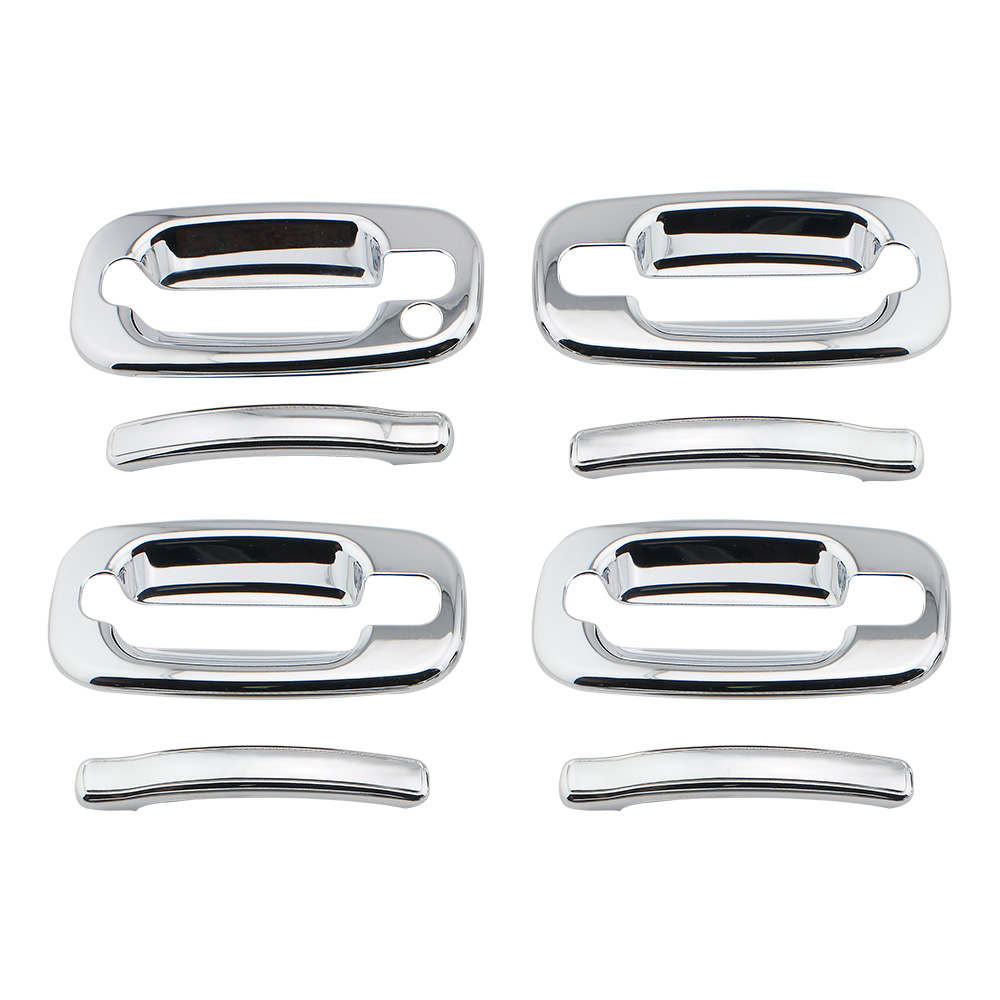 View More >>
View More >>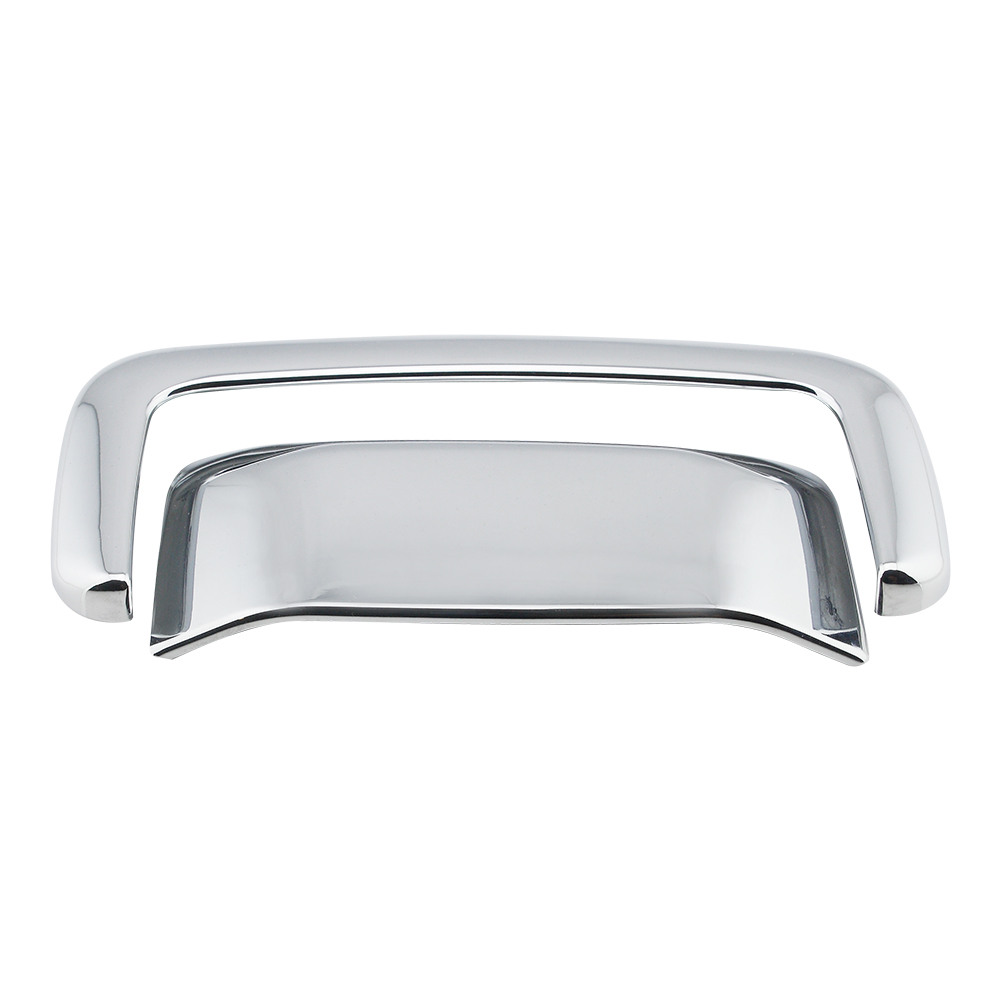 View More >>
View More >>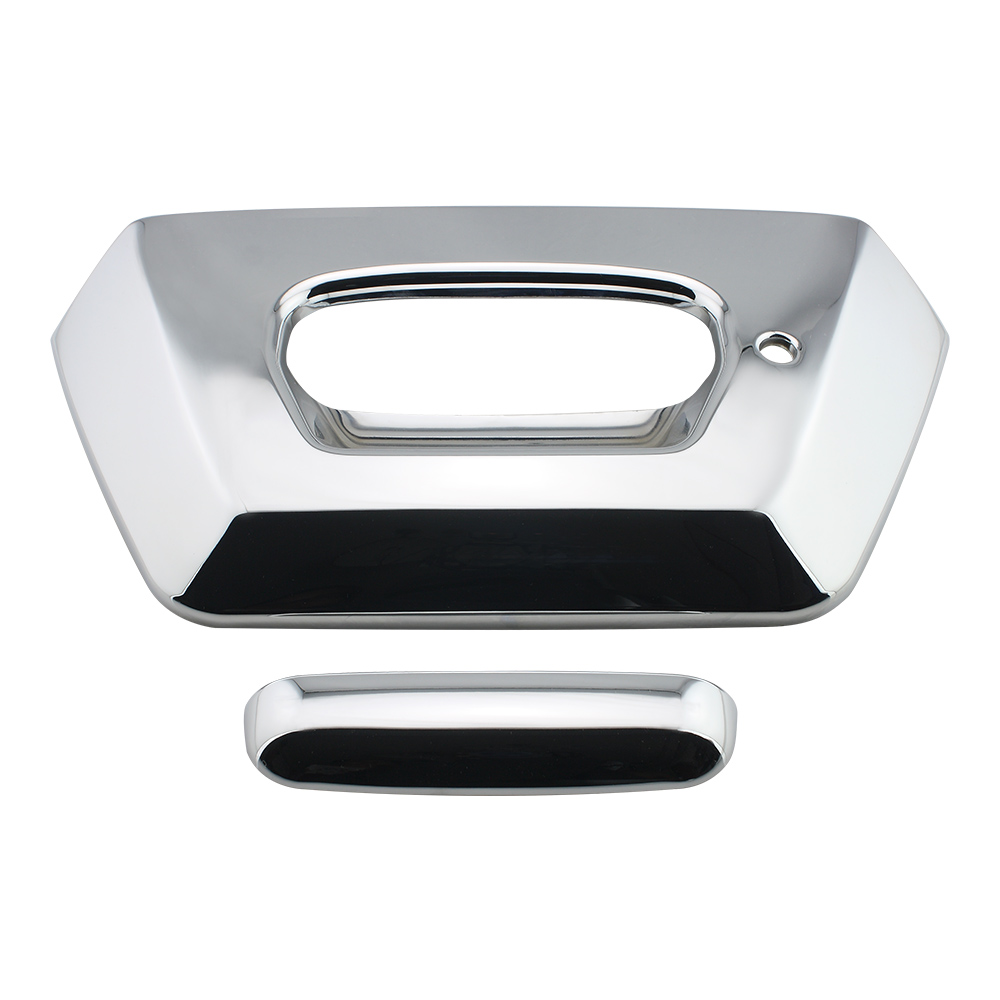 View More >>
View More >>(canaddletterfordraptor)-1.jpg) View More >>
View More >>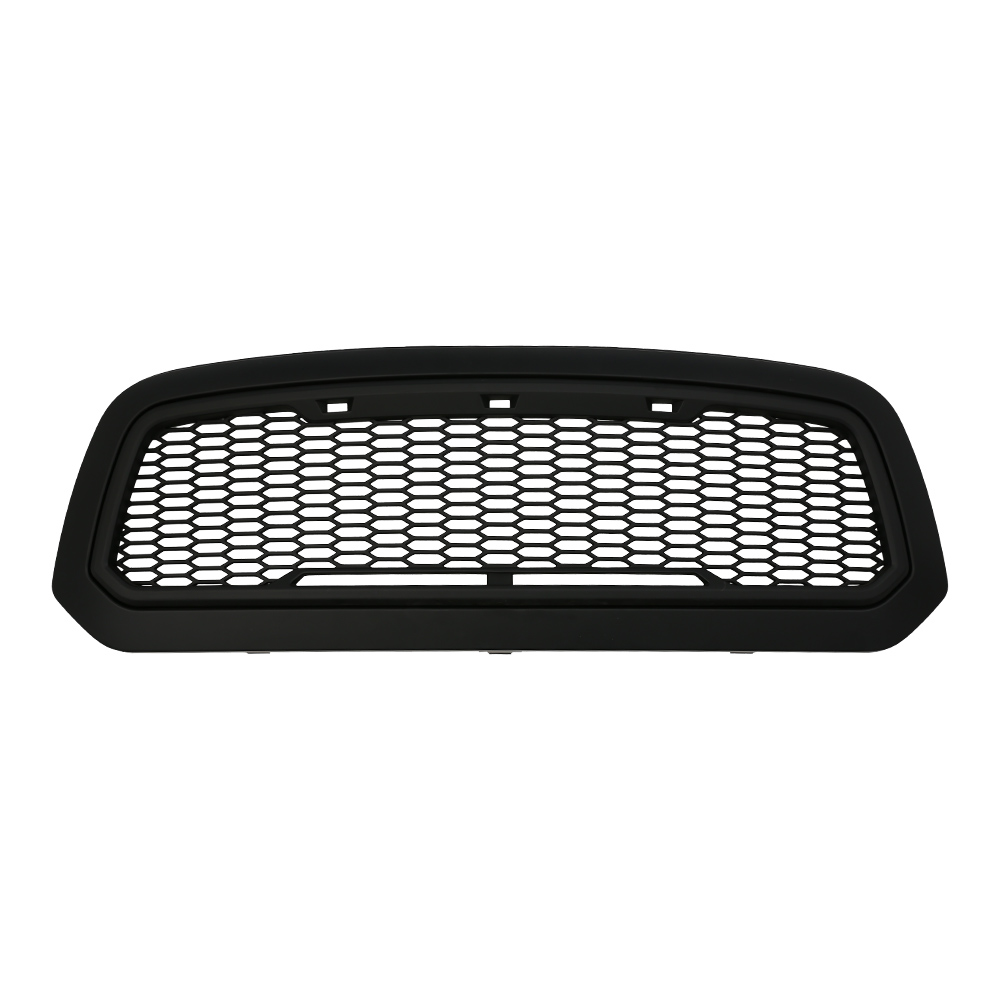 View More >>
View More >>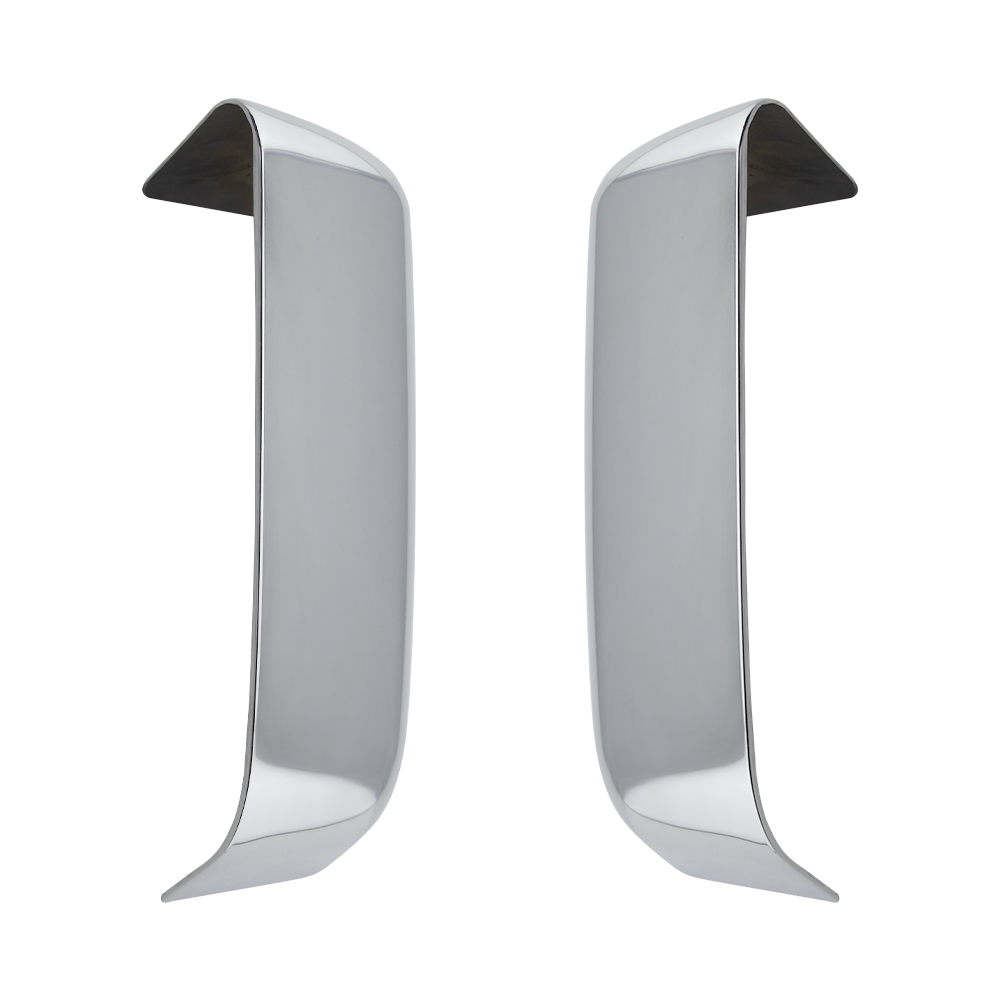 View More >>
View More >>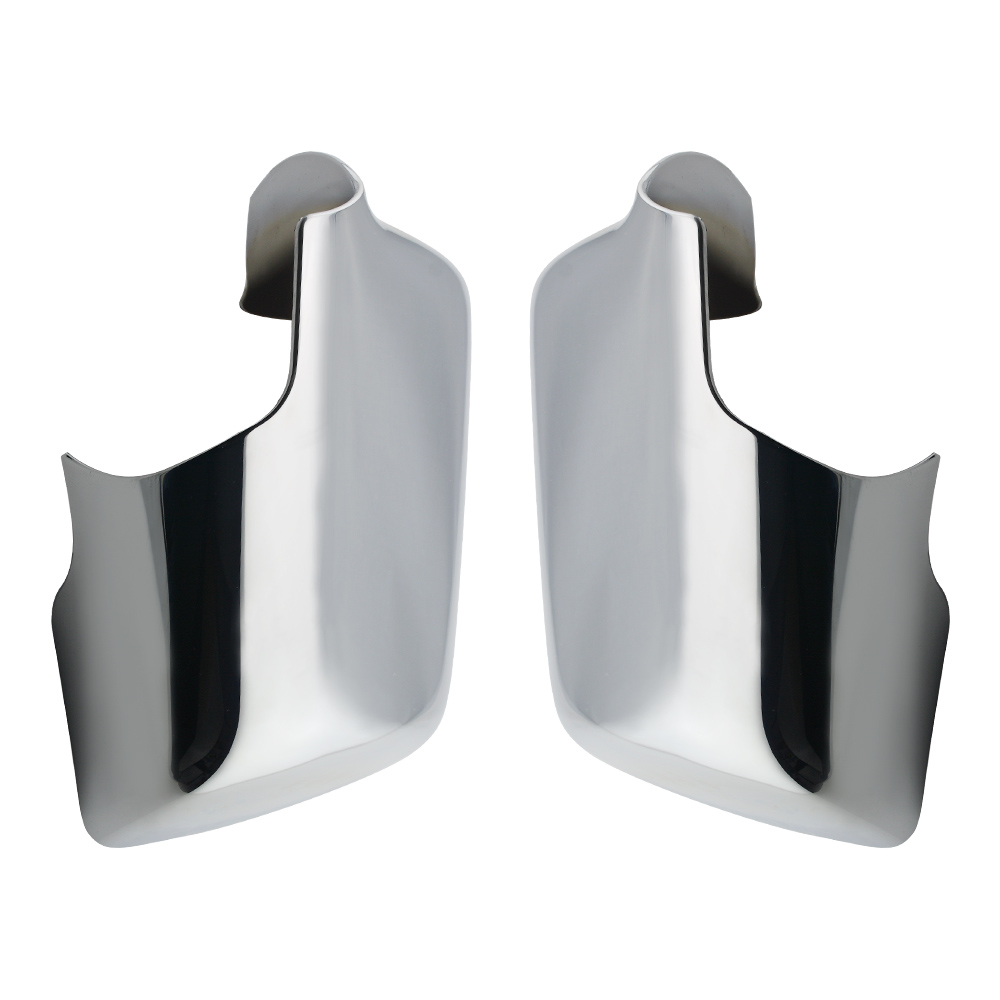 View More >>
View More >>
